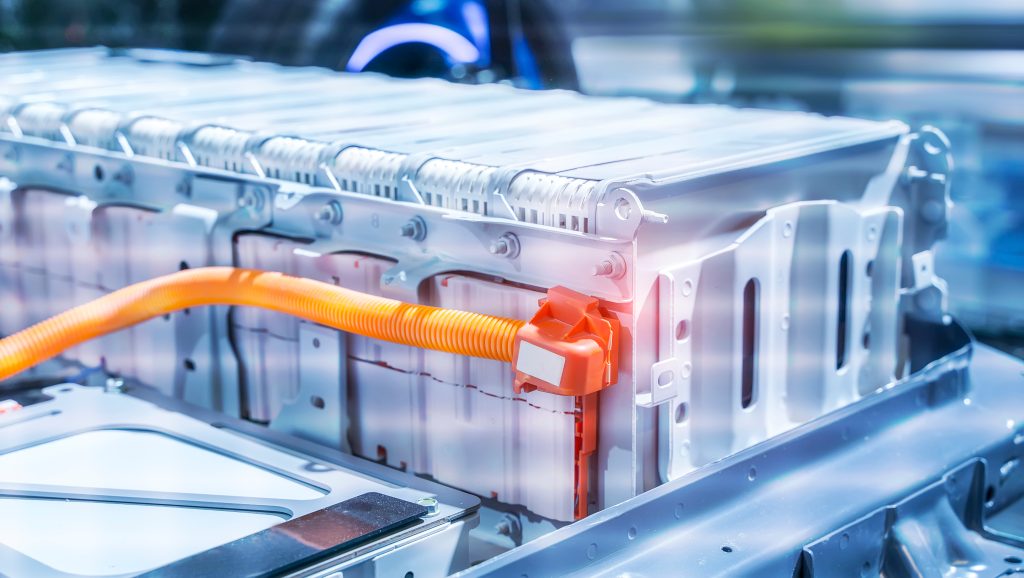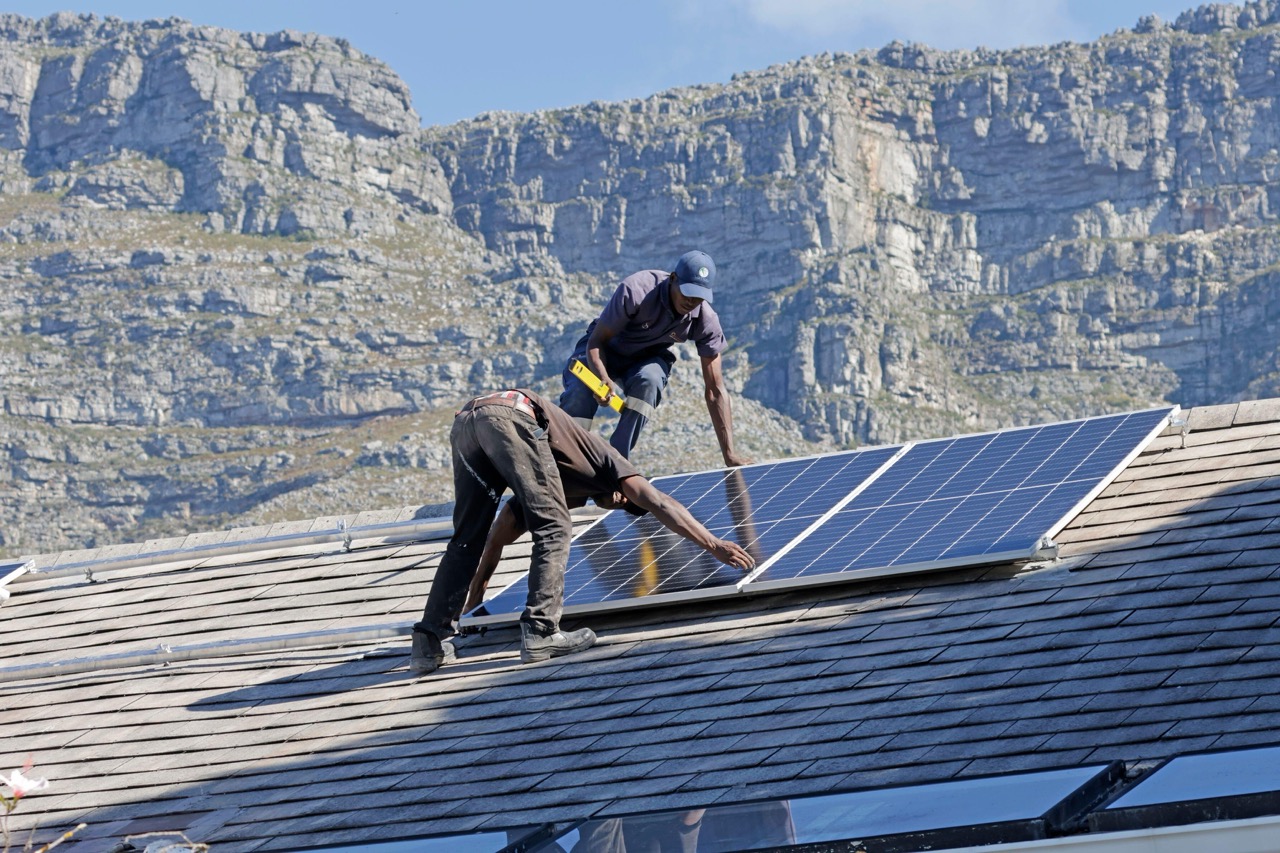Full Metal Junkie
Active Member
Russia was at its highest economic strength relative to the rest of the word from about 1815 after it defeated Napoleon at Moscow to the 1850s
Not sure what metrics you're basing your evaluations on. Russia has been a backwater agrarian country in the 19th century.After that the country was a backward mess, getting trounced in WW1 and set to lose WW2
Russian empire share of world's GDP peaked in 1914 at around 5% as the result of industrialization efforts of the previous decades.
After WW2, the USSR share of world's economy remained in 12%-14% range, peaking at 14.6% in the 60's. That was steadily around 1/2 nominal GDP and around 3/4 GDP-per-capita compared to the USA. So nothing to snuff at.
And that's just the economic power comparison. In terms of political influence and military power projection, the USSR had half the globe in its sphere of influence one way or the other.
An yes, today's Russia with its statistical error of an economy standing at ~2% of world's GDP should, in theory, give Russians a hint where they can shove their geopolitical ambitions. But so far, they're not getting the message. Societal imperial ambitions don't just magically disappear overnight. Considering that most people in the Russian ruling elites grew up well into adulthood in the USSR, i.e. there hasn't even been a single generational change, you can start to understand the root cause of the cultural chauvinism.
You expect wrong.I expect France has more nuclear weapons capability that Russia today.
Infographic source
In addition, Russia regularly demonstrates test launches of its entire nuclear triad. As in, it has fully capable ground-launched ICBMs, aircraft-launched cruise missiles and submarine-launched ballistic missiles.
France is currently down to a nuclear diad: cruise missiles and submarine-based ballistic missiles.
So unless you are willing to entertain the unsubstantiated claims that Russia has not maintained its nuclear warheads and none of them are ready to blow, then France>Russia is a dubious claim.









